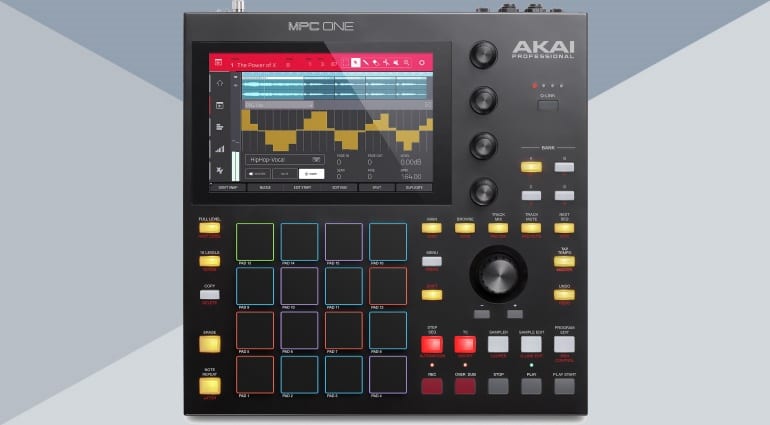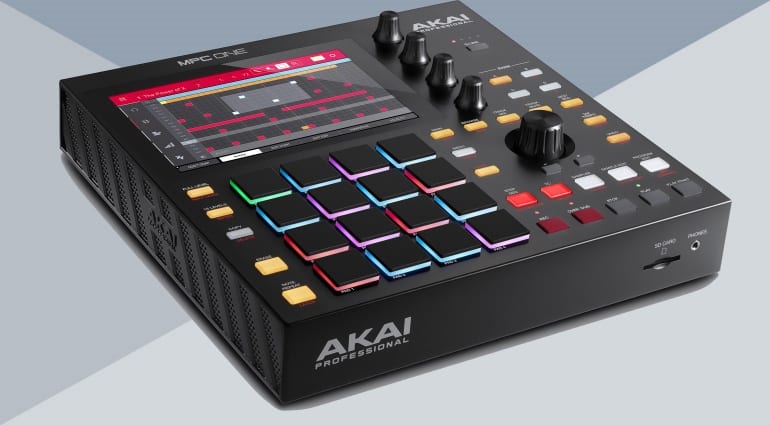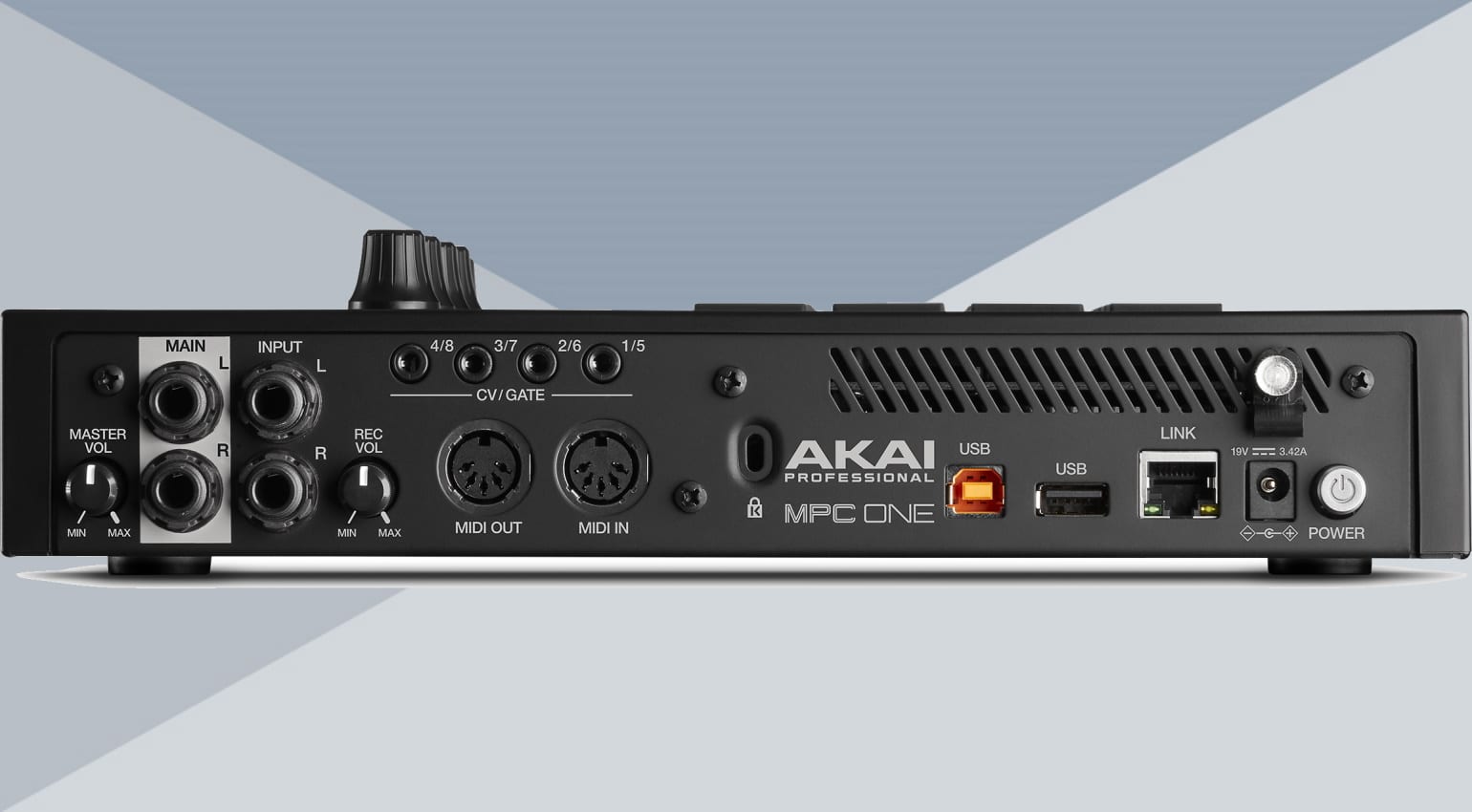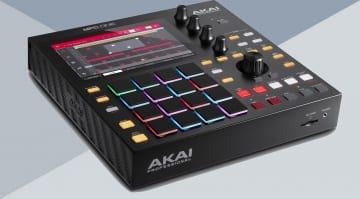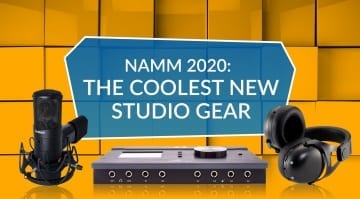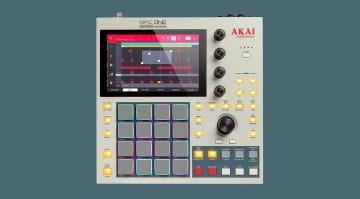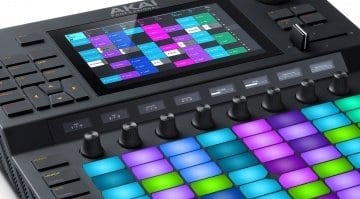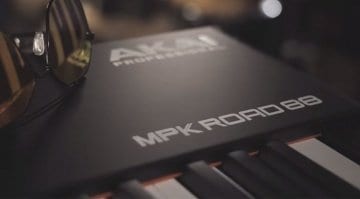NAMM 2020: AKAI muscles in on Roland with MPC One standalone
A day before NAMM 2020, AKAI debuted what’s going to lay on plenty of producers’ desks in the months ahead – the MPC One.
The MPC reborn, again
A standalone unit with a 7-inch multi-touch screen, the MPC One looks no less slick than its famed predecessors. Other than standalone, you can also use it as a control surface and together with the MPC2 desktop software, which comes included with the unit. There’s clearly lots of music-making tech packed into the station, not just a tablet housed in an MPC’s chassis. A look at the rear makes for a formidable sight. There are two USB ports, one for computer connection and one for peripherals. Four CV/Gate outputs and MIDI I/O let the unit sequence modulars and other equipment. A pair of inputs and a pair of outputs, and two volume knobs complete the panel. Nothing more, nothing less.
While the hardware is an MPC not just in spirit, but also layout and form, you are clearly meant to do most of the fine work on the spacious touchscreen. The 16 RGB pads, five encoders and assorted buttons are either performance or convenience-oriented. It’s one sexy beast regardless, makes my inner Jay-Z glee with joy for sure! With 2GB of RAM and 4GB of storage, half of it pre-loaded with new sample content, you will definitely want to throw some USB storage at the MPC One. Thankfully, SD cards and thumb drives are not much of an expense nowdays.
Price and release
Launch is scheduled for February, at a reasonable price of USD 700. I’m glad that the tech behind the MPC One and its brethren has gotten to the sub-USD 1000 point in just a couple of years.


 5,0 / 5,0 |
5,0 / 5,0 | 